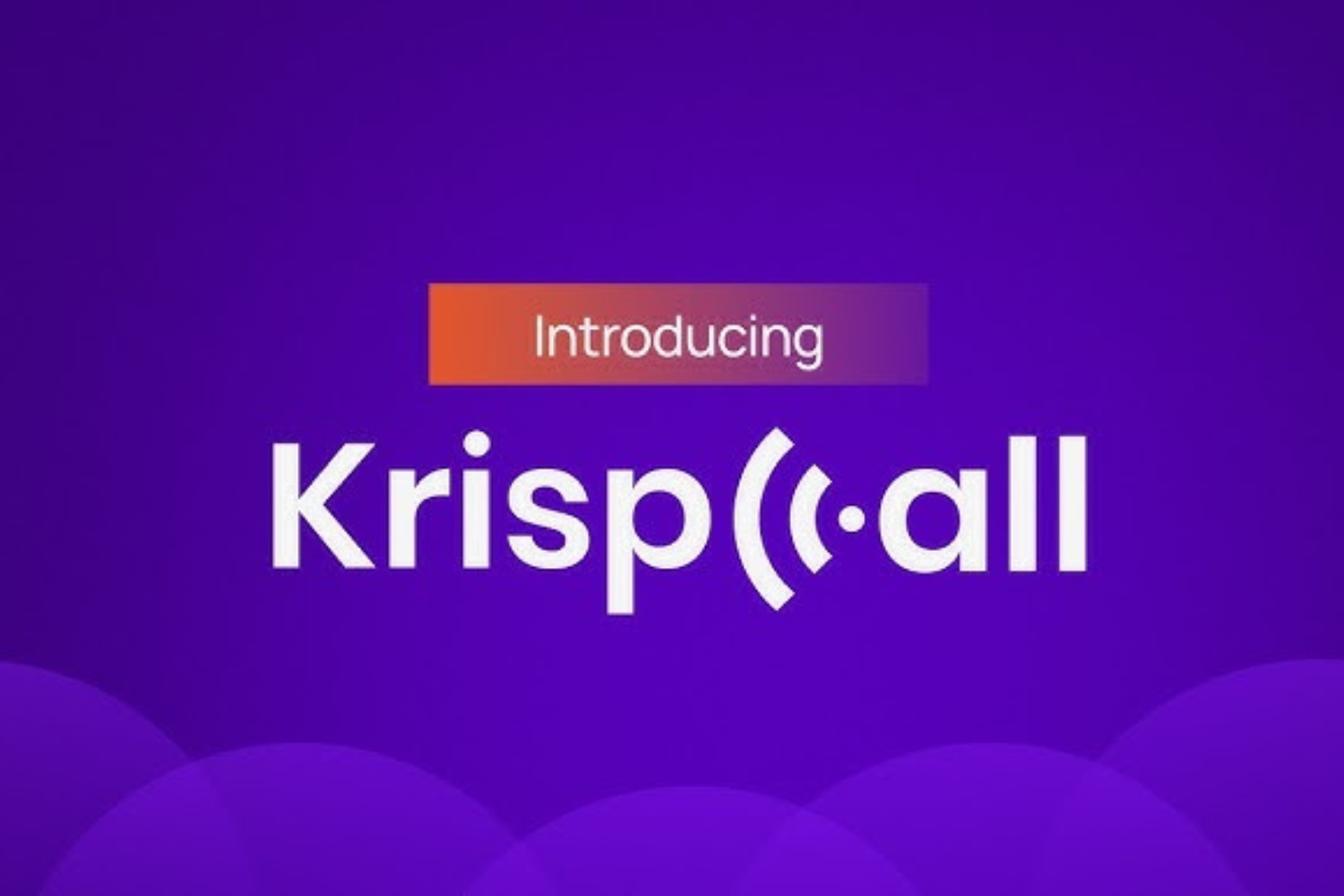This article will delve into the nitty-gritty of website optimization and Content SEO for beginner webmasters. We will explore what they are, why they are essential, and how you can leverage them to boost your online presence. As a rule of thumb, Website Optimization is critical to running an online business. In the digital world, having a website is not enough.
It’s crucial to ensure your website is optimized for search engines and users. This is where website optimization comes into play. But what exactly is website optimization? And how can you leverage it to grow your online presence? Website optimization is a comprehensive process that involves various strategies and techniques aimed at improving your website’s visibility in search engine results.
It also enhances user experience and boosts conversion rates. One of the most critical aspects of website optimization is Content SEO, which focuses on creating content that helps your web pages rank high in the search engines. Moreover, we will introduce you to the top 10 tools for Content SEO. These tools can help you conduct keyword research and optimize your website content.
You can also track your rankings, analyze your competitors, and more. Whether you’re a seasoned digital marketer or a business owner looking to grow your online presence, these tools can provide invaluable insights to guide your SEO efforts. So, are you ready to dive into website optimization and Content SEO?
Are you excited to discover the tools that can take your digital marketing efforts to the next level? If yes, then keep reading. This article has a wealth of information to help you navigate the ever-evolving digital landscape and achieve your online marketing goals.
Understanding What A Website Optimization Process Entails For Webmasters
Website Optimization is a comprehensive process that involves making various improvements to your website to increase its visibility on search engine results pages (SERPs). The ultimate goal of website optimization is to attract more organic (non-paid) traffic to your website. It encompasses several aspects, including SEO (Search Engine Optimization), user experience (UX), speed, and mobile access.
Each element is crucial in how your website performs, ranks in search engine results, and how users interact. SEO involves optimizing your website’s content and structure to make it more attractive to search engines. This includes using relevant keywords, creating high-quality content, and building backlinks. User experience (UX) optimization involves making your website easy to use and navigate.
This includes having a clear site structure, easy-to-use navigation, and ensuring that users can find the information they’re looking for quickly and easily. Site speed optimization involves making your website load quickly. Slow-loading websites can frustrate users and lead to higher bounce rates. Therefore, ensuring that your website loads quickly on all devices is essential.
Mobile optimization ensures that your website looks and works well on mobile devices. With more and more people using their smartphones to browse the web, mobile optimization is more critical than ever. It’s worth noting that website optimization is a crucial aspect of running a successful online business.
By optimizing your website for search engines, improving user experience, increasing site speed, and ensuring mobile-friendliness, you can attract more organic traffic, improve user engagement, and ultimately drive business growth.
The Essential Content SEO Role In A Strategic Website Optimization Plan
Content SEO plays a pivotal role in website optimization. It involves creating content that helps your web pages rank high in search engines. But it’s not just about incorporating keywords into your content; it’s about understanding what your users are looking for and creating content that satisfies their needs. Understanding user search intent is a crucial aspect of Content SEO.
It involves knowing the deeper problem your users hope to solve. With this understanding, you can perform better keyword research and write content based on this insight. Moreover, Content SEO also involves ensuring your content is high-quality, relevant, and valuable to the reader. This means creating content that is optimized for search engines and resonates with your audience.
For instance, if you’re a health website, Google would expect your content creators to have first-hand, real-world experience with the topics discussed. This is because Google now considers the author’s or creator’s experience when evaluating the content’s quality. Furthermore, rather than just scanning for keywords, Google takes a high-level look at your website to get an overall sense of its tone, scope, and relevancy.
This means that keyword stuffing is out. Instead, the goal is to use keywords naturally and contextually within your content. Therefore, Content SEO is indeed a crucial aspect of website optimization. By understanding user intent, creating high-quality and relevant content, and using keywords effectively, you can improve your search engine rankings, increase traffic to your website, and ultimately drive more conversions and revenue.
The Topmost Best Tools For Content SEO
Let’s delve into these tools and how they can be beneficial for content SEO:
1. Google Search Console
Google Search Console is a free tool from Google that is essential for monitoring and maintaining your site’s presence in Google Search results. It provides insights into how Google’s search bots view your site, the keywords your site ranks for, and how much traffic those keywords bring. It also helps you identify and fix any crawl errors or security issues.
2. SEMRush
SEMRush is a comprehensive digital marketing toolkit. It offers features like SEO, PPC, keyword research, and competitive analysis. With SEMRush, you can track your site’s ranking for specific keywords, analyze backlinks, and conduct a full SEO audit. It also provides insights into your competitors’ strategies, helping you understand what’s working for them.
3. Moz Pro
Moz Pro is a suite of SEO tools that help with site audits, rank tracking, and backlink analysis. It provides metrics like Domain Authority and Page Authority that can help you understand the strength of your site and its pages in the eyes of search engines.
4. Ahrefs
Known for its extensive backlink analysis features, Ahrefs also offers a suite of tools for keyword research and competitive analysis. It allows you to see what your competitors are ranking for and suggests keywords you could target.
5. Yoast SEO
Yoast SEO is a WordPress plugin that helps optimize your site for search engines. It provides real-time feedback on your content’s SEO as you’re creating it, helping you optimize page titles, meta descriptions, and content to better target your chosen keywords.
6. BuzzSumo
BuzzSumo is a tool that allows you to analyze what content performs best for any topic or competitor in your space. This can help you understand what type of content resonates with your audience and inspire ideas for new content.
7. Ubersuggest
Ubersuggest is a free tool that provides insights into the strategies that are working for others in your market. It offers keyword suggestions based on what’s working well for your competitors and has features to help you with both SEO and content creation.
8. Answer the Public
Answer The Public tool helps you discover what people are asking about a specific topic by pulling in data from search engine autocomplete results. This can provide valuable insights into your audience’s questions about a topic, which can inform your content creation strategy.
9. KWFinder
KWFinder helps you find long-tail keywords with low SEO difficulty. These keywords have a decent amount of search volume but aren’t as competitive, making them easier to rank for.
10. Screaming Frog
Screaming Frog SEO Spider website crawler allows you to crawl websites’ URLs and fetch key elements to analyze and audit technical and onsite SEO. It can identify issues like broken links, duplicate content, or problems with page titles or meta descriptions.
These tools can provide valuable insights into how well your website is optimized for search engines and where there might be opportunities for improvement. They can help guide your content strategy by showing you what topics or keywords are popular with your audience or underutilized by your competitors.
Guidelines To Observe When Choosing The Appropriate Tool For Content SEO
Choosing the appropriate tool for Content SEO is crucial for the success of your optimization efforts. Here are some guidelines to observe when making your selection:
1. Understand Your Needs for Website Optimization & Content SEO
Before choosing a tool, you must understand what you need it for. Are you looking for a tool to help with keyword research, backlink analysis, site audits, or all of the above? Understanding your needs can help you choose a tool with the right features.
2. Consider the Website Optimization Tool’s Features
Different tools offer different features. Some tools may be vital in one area but weak in others. For example, one tool might offer excellent keyword research features but lacks backlink analysis. Make sure the tool you choose excels in the areas you need most.
3. Ease of Use
The tool should be user-friendly and easy to navigate. You don’t want to spend hours figuring out how to use it. A good tool should have an intuitive interface and clear instructions or tutorials.
4. Reliability of the Website Optimization Tool
The tool should provide accurate and up-to-date information. SEO is fast-paced, and outdated information can lead to ineffective strategies.
5. Customer Support
Good customer support is essential, especially if you’re new to SEO or if the tool is complex. The ability to reach out for help and receive timely and helpful responses can make a big difference.
6. Pricing of the Website Optimization Tool
Consider your budget and how much you’re willing to spend on an SEO tool. Some tools offer free versions, but these often have limited features. Paid tools generally offer more comprehensive features, but prices can vary widely.
7. Reviews and Recommendations
Check out reviews and get recommendations from other users. This can give you an idea of the tool’s strengths and weaknesses and how it stacks up against competitors. Remember, there’s no one-size-fits-all when it comes to SEO tools. Usually, the topmost preferred SEO Tools that work best for you will depend on your specific needs, budget, and level of expertise.
Why Website Optimization Is Essential In Business Marketing
Website optimization is a crucial aspect of digital marketing that can significantly enhance the user’s digital journey. By optimizing your website, you create an environment conducive to converting website visitors into satisfied, returning customers. The importance of website optimization is multi-faceted and includes various benefits in driving business awareness.
Consider the following:
- Increased Conversions: An optimized website provides a seamless user experience, which can lead to higher conversion rates. This means more of your website visitors are taking the desired action, whether making a purchase, signing up for a newsletter, or filling out a contact form.
- Improved Brand Visibility: Website optimization can improve your site’s visibility in the Search Engine Results Page (SERP), leading to increased organic traffic. This can enhance brand awareness and reputation.
- Increased Traffic and Revenue: By improving your site’s SEO, you can attract more targeted traffic. This can increase revenue, especially if you convert this traffic into paying customers.
- Enhanced User Experience: Website optimization also involves improving the User Experience (UX). This includes ensuring your site loads quickly, is easy to navigate, and provides valuable content. A positive user experience can lead to higher engagement and customer retention rates.
- Boost in Brand Reputation: A well-optimized website helps improve your brand visibility and boosts your brand reputation. When users have a positive experience on your site, they’re more likely to have a favorable view of your brand and become repeat customers.
In conclusion, website optimization is an essential process that can benefit businesses. By understanding its importance and implementing effective optimization strategies, businesses can enhance the user’s digital journey, increase conversions, improve brand visibility, boost traffic and revenue, enhance user experience, and boost their brand reputation.
Final Thoughts:
An optimized website coupled with effective Content SEO can significantly improve your site’s visibility on search engines, attract organic traffic, and boost conversions. By leveraging the right tools and staying updated with the latest trends and best practices in website optimization and Content SEO, businesses can stay ahead of the competition and achieve their digital marketing goals.




